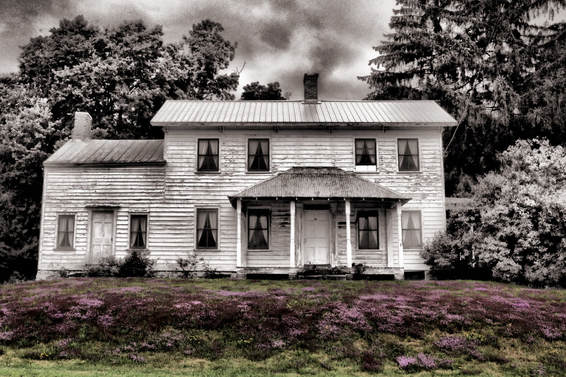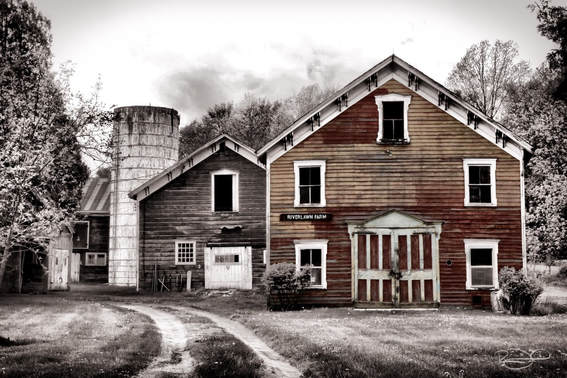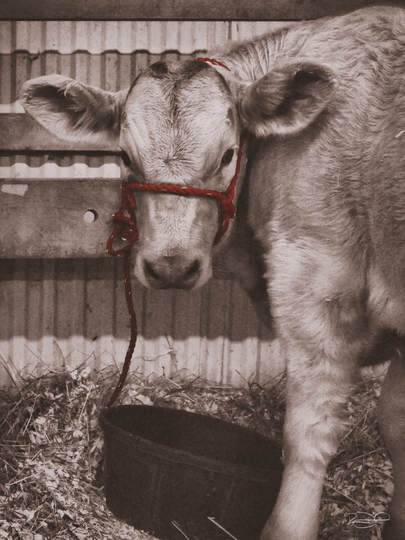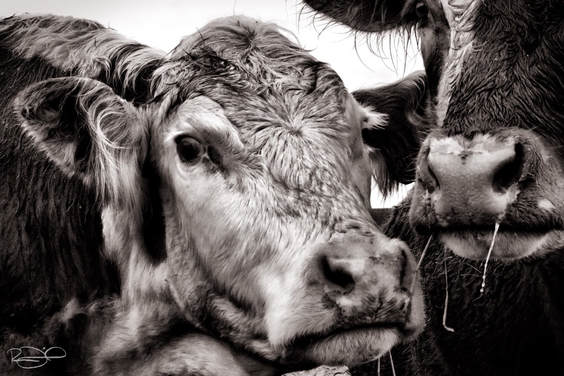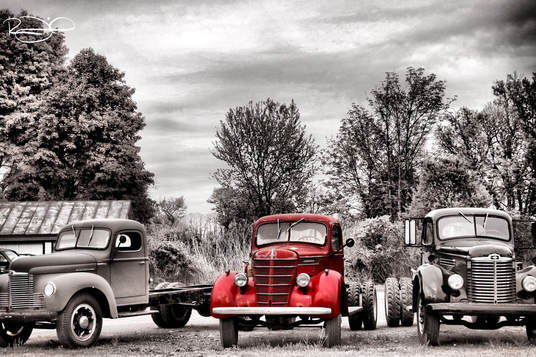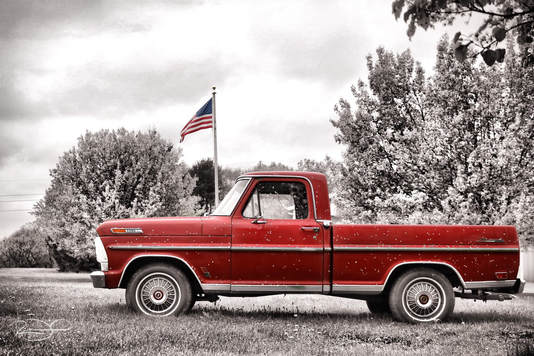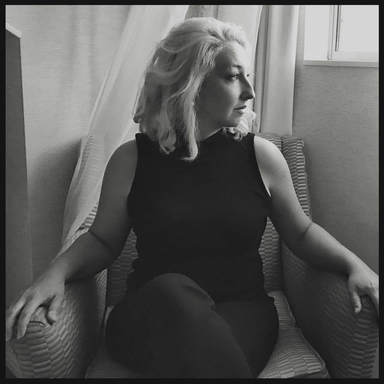Photography
REBEKKAH ZIEL
Myrna Haskell, managing editor, asked Rebekkah about how chronic illness influences her work:
You've been struggling with autoimmune disorders for quite some time. Could you tell me how this influences your work and your subject matter?
When I first began to have the symptoms of my autoimmune disorders at the age of 18, the overall impact on my life was catastrophic, and it robbed me of the energy to do the things I love. Because I remained undiagnosed until 2008, I was unable to do art of any kind for the majority of my young adult life. It has greatly stunted my art career, and that has had a major impact on how I see art - and life - today.
The biggest difference is my appreciation of time. When you are made aware that you will have less time to enjoy this life and the people that are in it, every second becomes that much more precious. I started to experience things differently. Something as simple as a dropped ice cream cone goes from being an event of frustration and disappointment to a photo opportunity. I want to capture fleeting, everyday moments.
When you have chronic illness, you don’t have the luxury of wasted time. On nights when I’d love nothing more than to return home from work and flop on the couch, I push myself to spend this time editing photos, posting on social media and updating my website.
I drive incessantly for my day job as a territory manager, and it seemed natural to document the beautiful places I get to visit with my art. The majority of my photography is taken in Upstate New York, and the topics are the things I find beautiful - objects, homes, landscapes and animals that I see while driving the back roads.. For example, a truck forgotten and left to rust on the side of the road fascinates me; it used to be a prized possession, an item that was loved, and now abandoned to weather and time. In essence, my work brings life back to my photographic subjects and to the memories these images might provoke for the viewer.
You could say the loss of time and the concept of life steadily moving forward are themes in my work as well as my personal life. This is not depressing for me. Even with the inevitable struggles with my illness, my life is such a gift. Because of my challenges, I am present in every moment, and this is something to celebrate.
You've been struggling with autoimmune disorders for quite some time. Could you tell me how this influences your work and your subject matter?
When I first began to have the symptoms of my autoimmune disorders at the age of 18, the overall impact on my life was catastrophic, and it robbed me of the energy to do the things I love. Because I remained undiagnosed until 2008, I was unable to do art of any kind for the majority of my young adult life. It has greatly stunted my art career, and that has had a major impact on how I see art - and life - today.
The biggest difference is my appreciation of time. When you are made aware that you will have less time to enjoy this life and the people that are in it, every second becomes that much more precious. I started to experience things differently. Something as simple as a dropped ice cream cone goes from being an event of frustration and disappointment to a photo opportunity. I want to capture fleeting, everyday moments.
When you have chronic illness, you don’t have the luxury of wasted time. On nights when I’d love nothing more than to return home from work and flop on the couch, I push myself to spend this time editing photos, posting on social media and updating my website.
I drive incessantly for my day job as a territory manager, and it seemed natural to document the beautiful places I get to visit with my art. The majority of my photography is taken in Upstate New York, and the topics are the things I find beautiful - objects, homes, landscapes and animals that I see while driving the back roads.. For example, a truck forgotten and left to rust on the side of the road fascinates me; it used to be a prized possession, an item that was loved, and now abandoned to weather and time. In essence, my work brings life back to my photographic subjects and to the memories these images might provoke for the viewer.
You could say the loss of time and the concept of life steadily moving forward are themes in my work as well as my personal life. This is not depressing for me. Even with the inevitable struggles with my illness, my life is such a gift. Because of my challenges, I am present in every moment, and this is something to celebrate.
|
Rebekkah Ziel is an emerging Adirondack artist working primarily in photography. She has re-entered the art
field after a long battle with chronic illness, which is now in remission. Her images are either entirely black and white or black and white with strategic pops of color. Despite its seemingly dark undertone, Rebekkah’s photography helps tell the story of her illness and the joy of moving past it. Her work focuses on the life around her in the Adirondack Park and the peace it brings her. Rebekkah received a bachelor's degree in wood sculpture from Eastern Connecticut State University. She is a Working Member Artist at Micropolis Collective in Gloversville, New York and has exhibited in Albany and Syracuse, NY. Her piece "Haunted Barns" received a 4th place award from Contemporary Art Gallery Online in February 2018. |
Photo Credit: Rebekkah Ziel
|
READER DISCOUNT!
Rebekkah is offering an exclusive 10% discount to Sanctuary readers for the month of October! Just type the word SANCTUARY into the promo code at checkout. |

